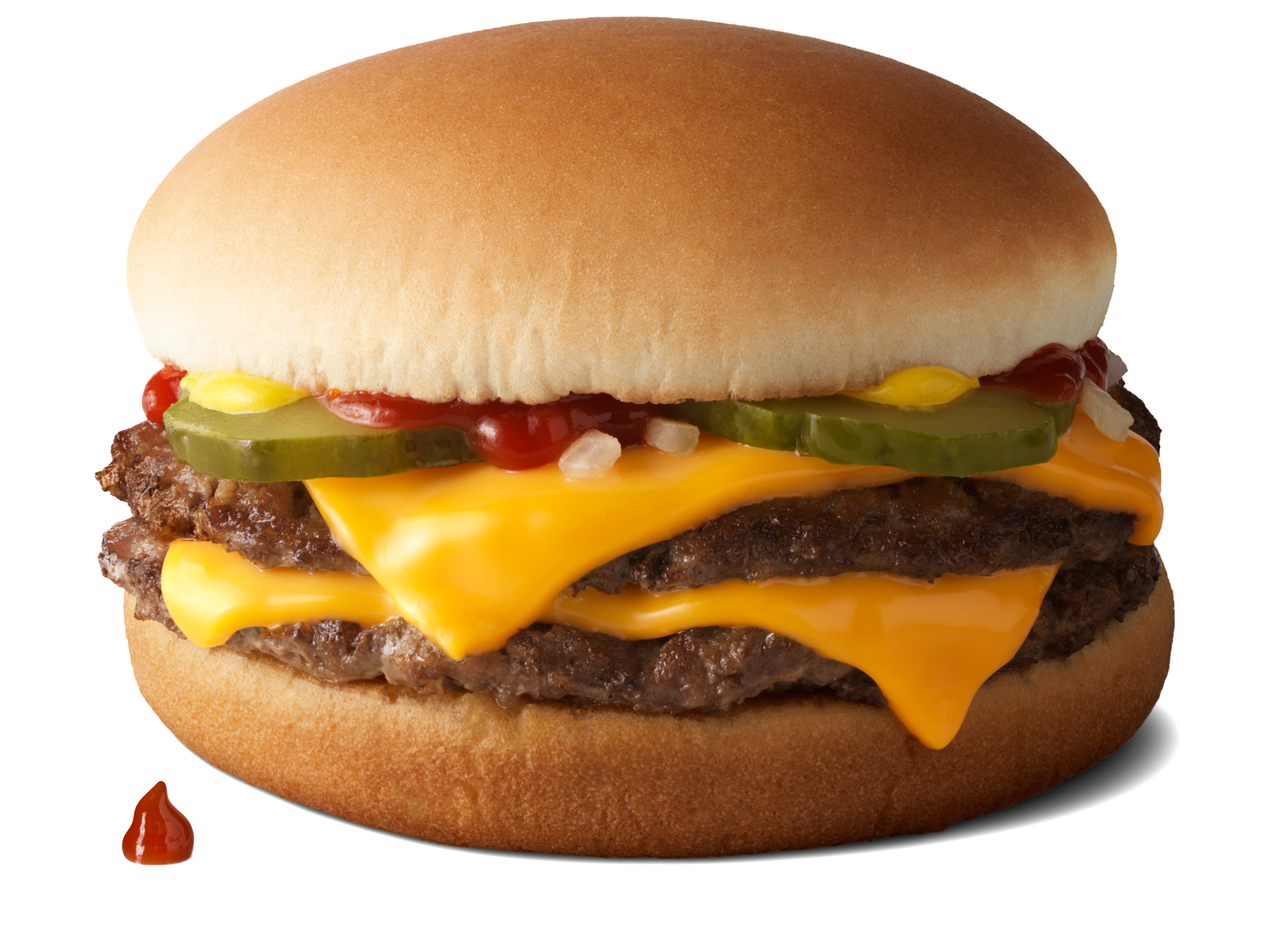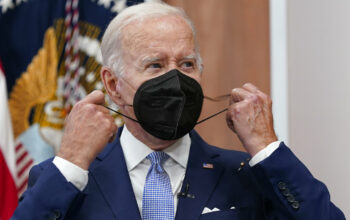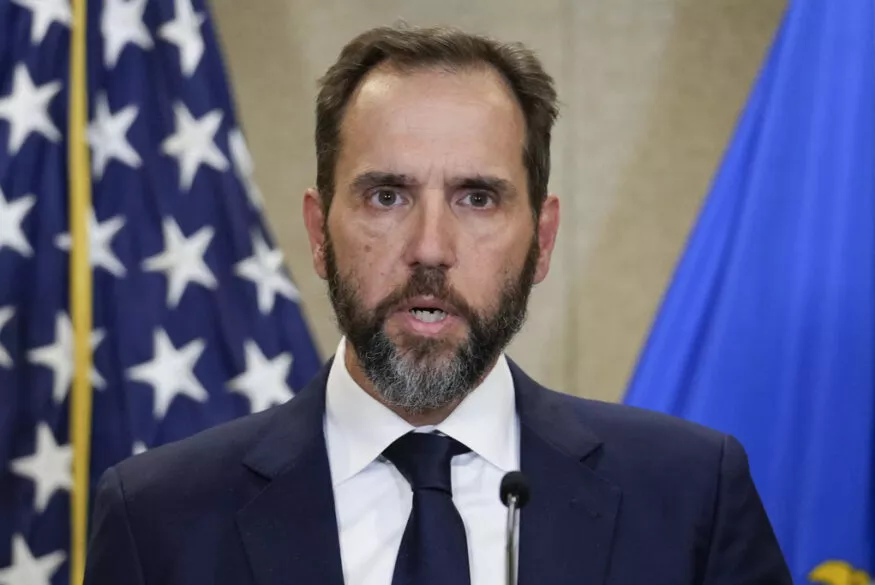A $16 bacon cheeseburger may not be enough to save your neighborhood bar and grill.
Independent restaurants are on financial life support, owners say, squeezed between escalating payroll costs and diners’ dwindling tolerance for ever-higher checks. Wages for waitstaff, table bussers and line cooks will grow more expensive for many eateries this year, with 22 states in January raising the minimum wage for hourly workers.
The industry’s economic strains can be seen on the appetizer plate at Chef Zorba’s Restaurant in Denver. Owner Karen LuKanic recently swapped Greek giant beans for homemade stuffed grape leaves to save money and switched to cheaper shoestring potatoes from thick-cut fries. Denver has increased its minimum wage annually since 2020, most recently in January to $18.29 an hour, while Colorado has expanded paid sick leave and other employee benefit requirements.
“We are just keeping our head above water,” said LuKanic, who estimated about half her restaurant’s sales now go to payroll and other employee-related costs.
Chef Zorba’s charges $15.75 for a bacon cheeseburger, $5 more than in 2018. Even at those prices the 78-seat restaurant can’t turn a profit. LuKanic said she would consider closing if her Small Business Administration loan wasn’t guaranteed by her house.
American restaurants emerged from the Covid-19 pandemic to find their traditional economics no longer work. After struggling to stay afloat through lockdowns, restaurant operators endured surging food costs and supply chain shortages. Restaurateurs raised menu prices. In January, prices for food eaten away from home were up 30% compared with the same month in 2019, Labor Department data showed.
Click here to read full article at The Wall Street Journal.

















